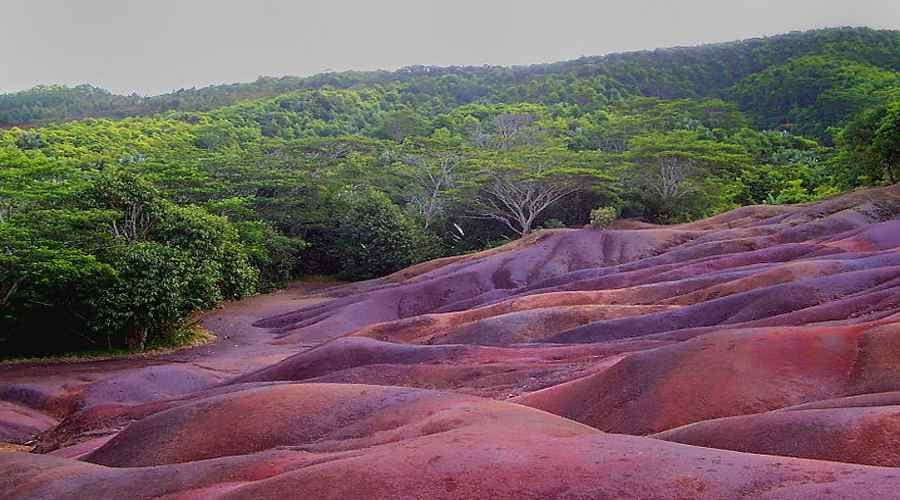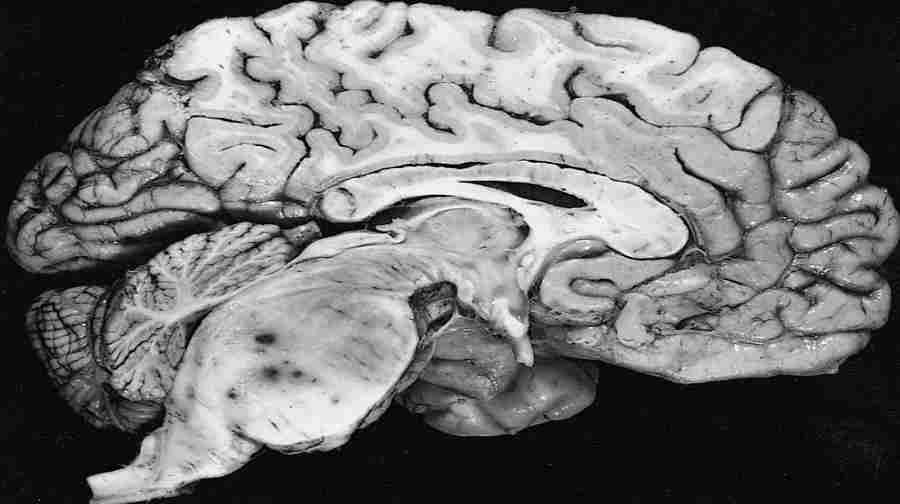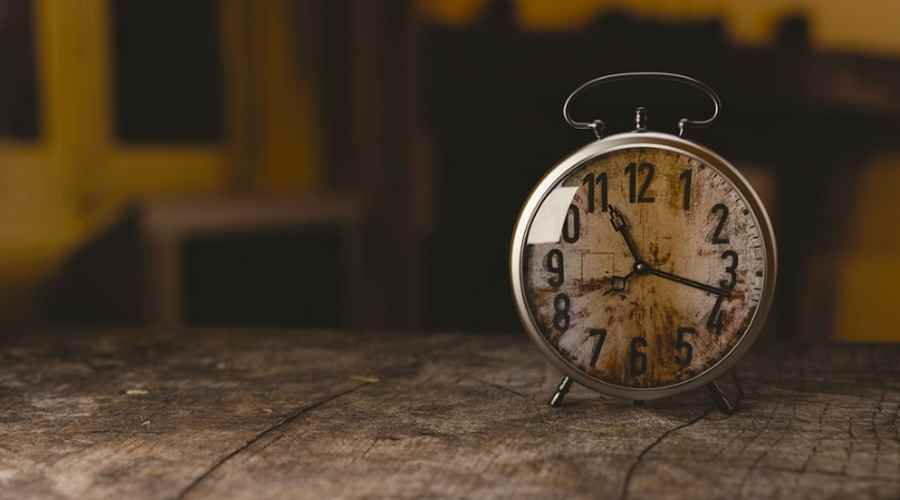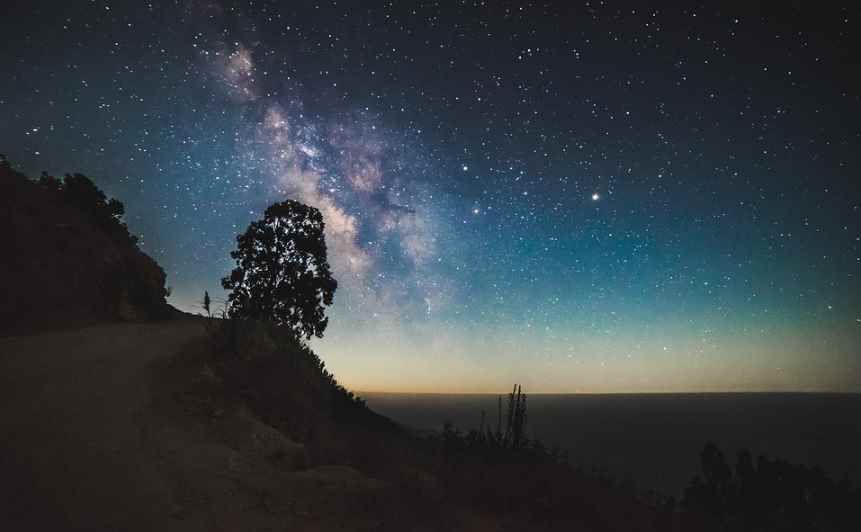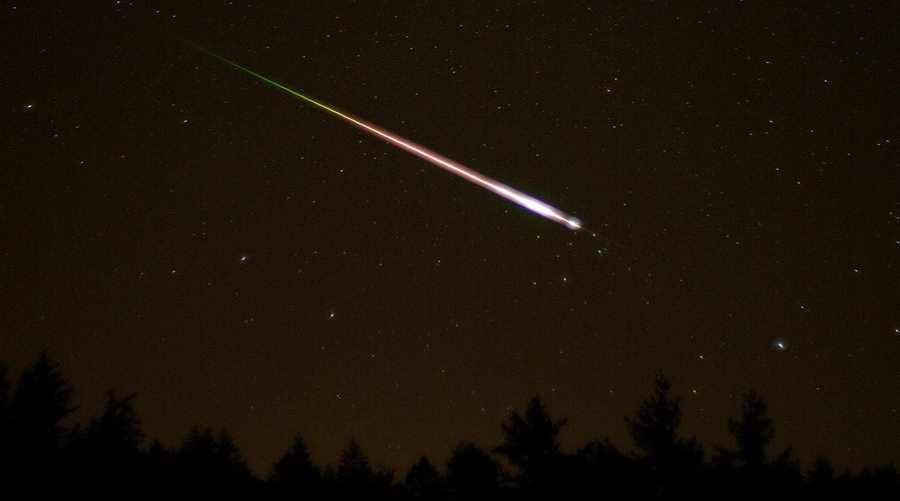"When it comes to smog, each of us is a culprit"
– It is bizarre and shocking that some people still burn waste or low-quality coal in their stoves,” an ecologist tells PAP prof. Piotr Skubala. He also points out m.in. attention to excessive traffic. According to the expert, when it comes to smog – each of us is a culprit.
Prof. Piotr Skubala of the Department of Biology and Environmental Protection at the University of Silesia explains that smog is created by small particles – toxic substances contained in the air. Their concentration in the air depends on conditionsóin atmospheric.
In the context of smog móWe are particularly concerned about PM 2.5 and PM 10. PM (particulate matter), which stands for particulate matter. PM2.5 are particles up to 2.5 micrometers in sizeóin diameter (a micrometer is a thousandth of a millimeter), and PM10 – up to 10 micrometersów. They are formed when burning (especially – under unsuitable conditions) wood, coal or wasteów. – These particulates are very fine substances. We used to be concerned about soot, or particles of larger sizeóin, whichóre not as dangerous. Today we realize that even finer particles are dangerous, whichóWe absorb it by breathing,” says Prof. Skubala and adds that these dusts, due to their small size, can easily penetrate the body and cause disease.
During combustion, for example. coal, not only dust is produced, but also harmful compounds – m.in. benzopyrene. – We are a red spot compared to Europe and the world when it comes to the amount of this carcinwóric compound in the air,” stressed the ecologist.
As far as Poland is concerned, the problem is not only the reliance of our energy industry on coal, but also the fact that households, in stoves, burn eg. unsuitable coal of low quality or even waste.
– Something curios and shocking is if someone burns waste in the furnace. Similarly, with the combustion of hadóin or wasteóin coal-fired furnaces – we should not burn this, because it is very dangerous to health, the expert stresses. – We are all culprits, each of us privately contributes to smog, he adds.
Prof. Skubala points out that smog is becoming especiallyólnie noticeable when there is no precipitationów nor wind. In high pressure, sunny, windless weather, pollutants are not blown away, especially in localities thatóre are located in depressions in the area.
– But the dangers of burning coal, wasteóin, there are all the time. And atmospheric conditions are only sometimes conducive to the fact that we do not feel these hazards directly, he stressed.
How to fight smog?
– We could enjoy the beautiful winter weather, but basically we should sit indoors,” comments the ecologist. He points out that when a smog alert is announced, residentsóin cities are encouraged to stay at home. This is especially true for pregnant women, parentów with young children or the elderly. Prof. Skubala points out that dust or harmful compounds get into apartments anyway. – At home, the air is not healthy either. Harmful compoundsów is only slightly less. Advice not to leave the apartment is not a solution, he assessed.
According to him, to improve the situation, it would be necessary to m.in. Introduce regulations on what can be burned in stoves, and then enforce them on residentsóIn filling these recipesów. – It must be a barrier so effective that no one dares to put plastic in the oven. There should also be standards set for what quality of coal can be burned in households, the scientist adds.
A systemic fight against smog can róalso lead by reducing car traffic in cities – e.g. Creating zones where elderly cars are not allowed to enter.
The expert suggests that it is not necessary to wait for the authorities to move to helpóc in the fight against smog. Everyone can take care of clean air on their own – including taking care of what they burn at home in the winter – not only at home, but also at their loved ones’ homes. It may also help to use public transportation more often instead of the car. – In the fight against smog we can also helpóc caring for greenery, treating every tree as a treasure thatóry can helpóc. After all, trees are natural filterers of pollution,” concludes Prof. She plucked.


